Climate Change’s disproportionate effect on Women of Burkina Faso
In early August the IPCC released a harrowing account of what our current actions are doing to limit climate change. As the TV screen shows the smoke from fires in California or extreme floods in Germany, these nations have the income to help alleviate climate pressure. The people who are currently affected by the mere 1 degree Celsius increase from pre-industrial levels are the people living in extreme poverty and hardship.

One such place is Burkina Faso. Here, women farmers are being disproportionately affected by climate change due to strict gender roles. While Burkina Faso only emits 0.01% of global emissions it is ranked the 20th most vulnerable country to climate impacts. The men of Burkina Faso, who are able to get an education and seek out paid work, are not much affected by the change in weather. It is the women, whose responsibility is to take care of the house and provide food for the family, that have no control of the devastating impact climate change is having on the region. Due to these specific gender roles, climate change is having a disproportionate effect on women.
Women in Burkina Faso are responsible for a small outcrop of land that is usually already far away from water and has poor quality soil. Over the past 15 years, many farmers have seen an increase in sporadic weather, sometimes completely destroying their crops. According to the UN, heat waves, strong winds, and dust storms have degraded more than one-third of Burkina Faso’s land. By the middle of the 21st century, crop yields will be reduced by an additional 18 to 21%. While the climate is out of Women’s control it is still their responsibility to put food on the table for the family. This requires an extremely large workload to try and fight against climate change.
If a harvest is destroyed either by a lack of water or a major flood, it is the women of the household who have to decrease their food portions. This has led many nursing and pregnant mothers, girls, and women to suffer from malnutrition.
Water is the main issue for rural farmers impacted by climate change. There is either too much or not enough. If there is a major flood, women are not only responsible for cleanup, they still have to perform their gender-defined responsibilities. It is common for girls to miss school in order to help their mothers with the extra housework incurred by climate change.
These dire conditions have been present for some time; climate change has just made them worse. Desertification and over-exploration have dried up many of the water reservoirs previously used. Now women are walking farther simply to find water. Further, a major increase in deforestation has led to a further decrease in rainfall. This deforestation also forces women to walk longer distances to find wood.
When farming for the season becomes impossible women are forced into work. They do not get to enjoy the same jobs men do. Women do back-breaking work like shoveling sand to sell to construction companies, only to see their income drop dramatically. These jobs make school unaffordable for the children and force mothers to ration simple essential items. Since women are the ones responsible for the farms, they are most impacted by climate change. They are working in hotter and tougher conditions for less output. Unable to control what is happening to the climate around them, their only option is to adapt.
FarmSahel is taking major steps to alleviate this extra workload for rural women farmers. First, simply by providing livestock training during the dry season to help create extra income, FarmSahel is able to teach these women farming best practices. Further, FarmSahel has just concluded a reforestation campaign last August, which is scheduled to be annual. This reforestation will not only bring back soil fertility, but also be a carbon sink for the climate, and will allow women farmers to learn how to make organic pesticides using the leaves of the trees planted. Lastly, FarmSahel is looking for funding to build wells. This will be a major convenience for these women whose usual treks to water are becoming longer.

This is not enough to fix climate change. Major carbon producers still need to come to their senses and eliminate carbon emissions, move to electric vehicles, and create technology to take carbon out of the atmosphere.
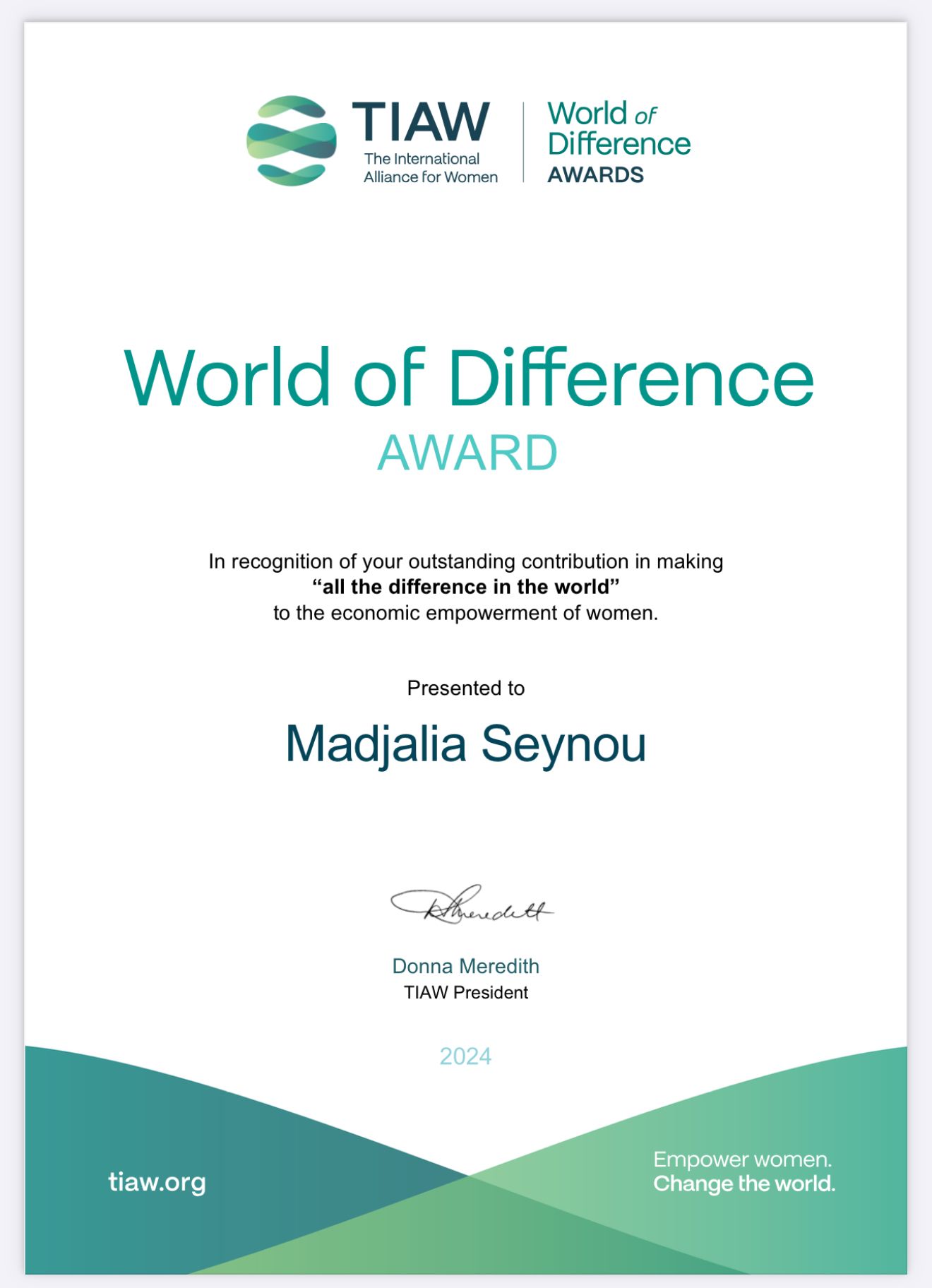
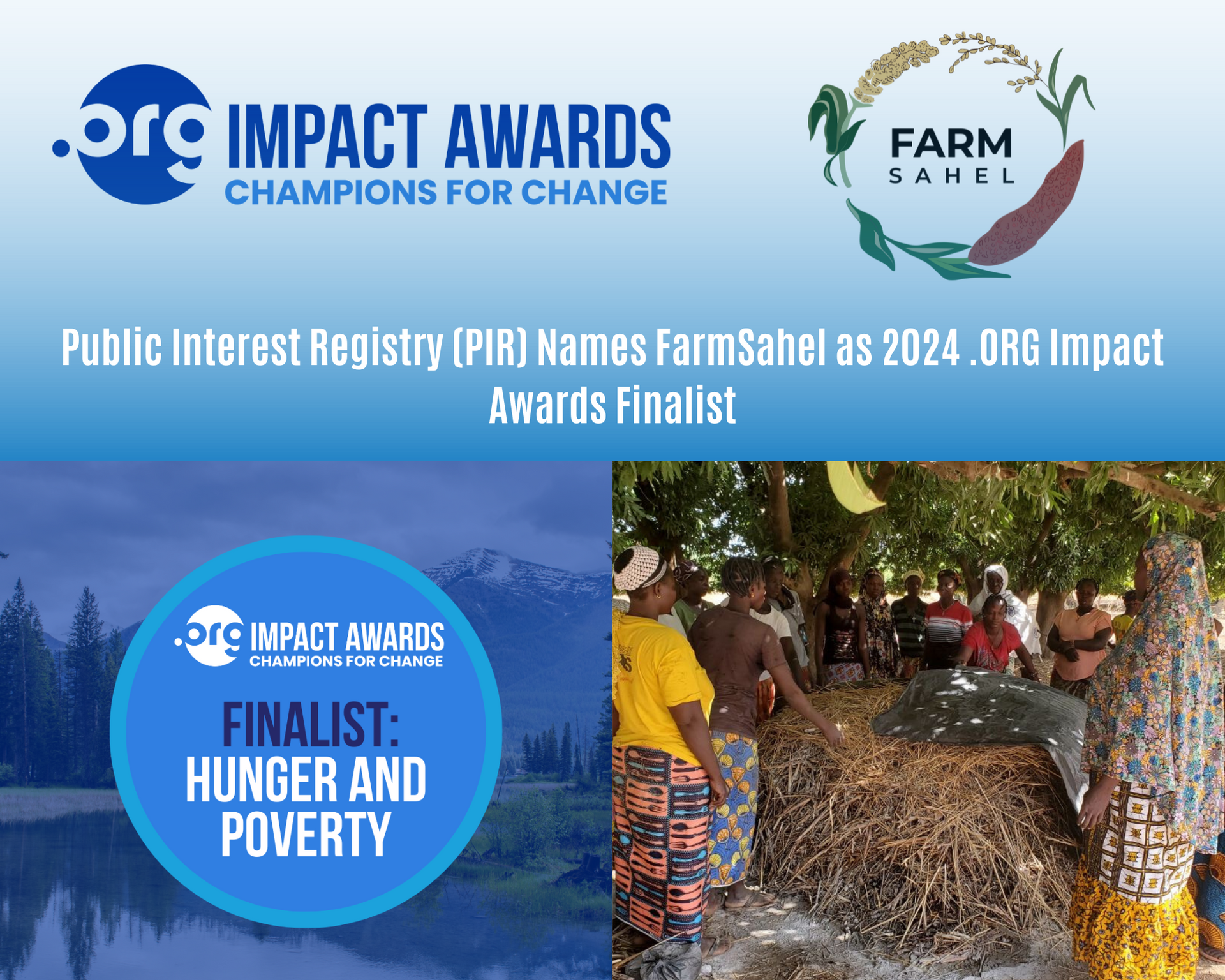
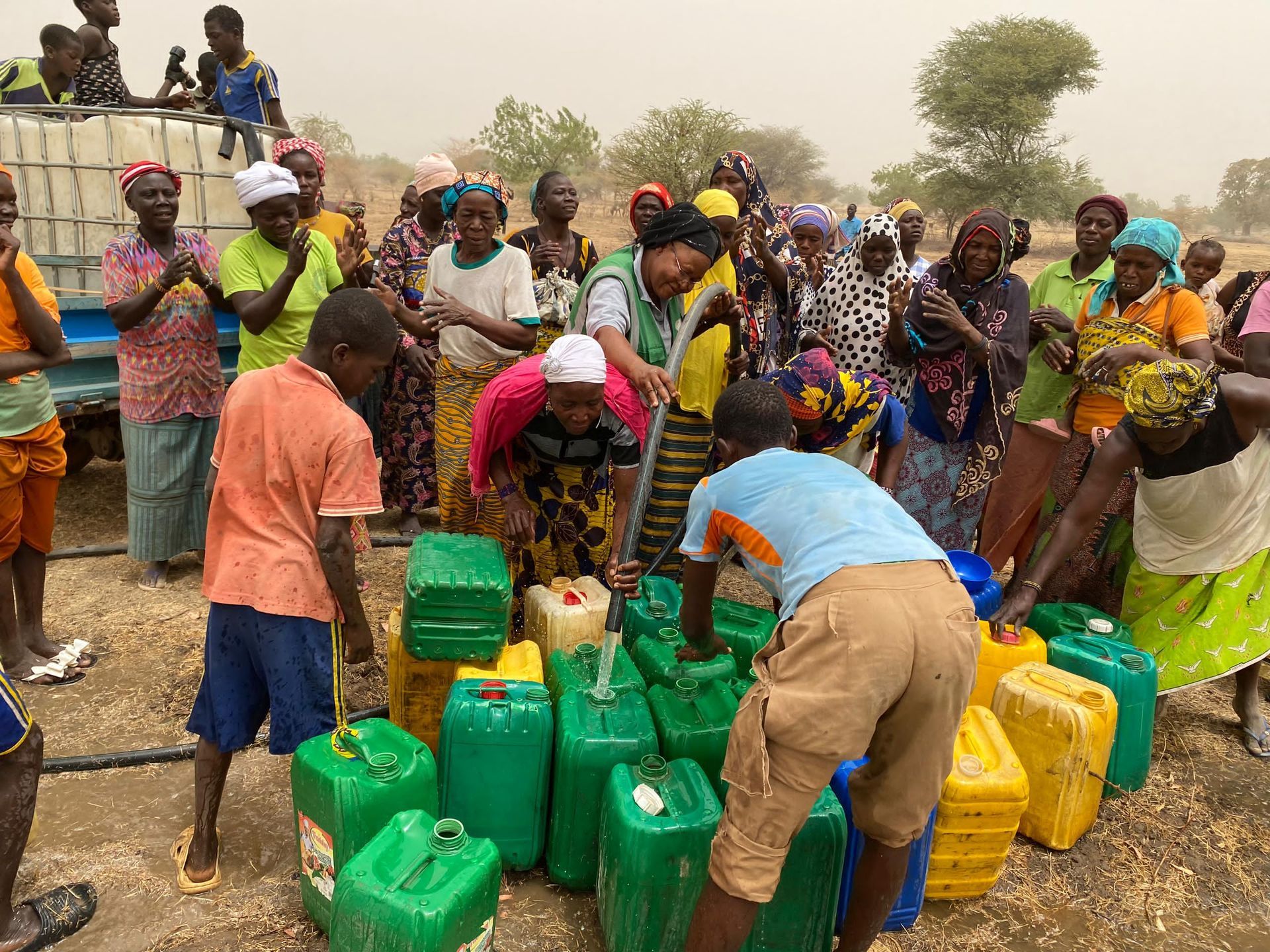

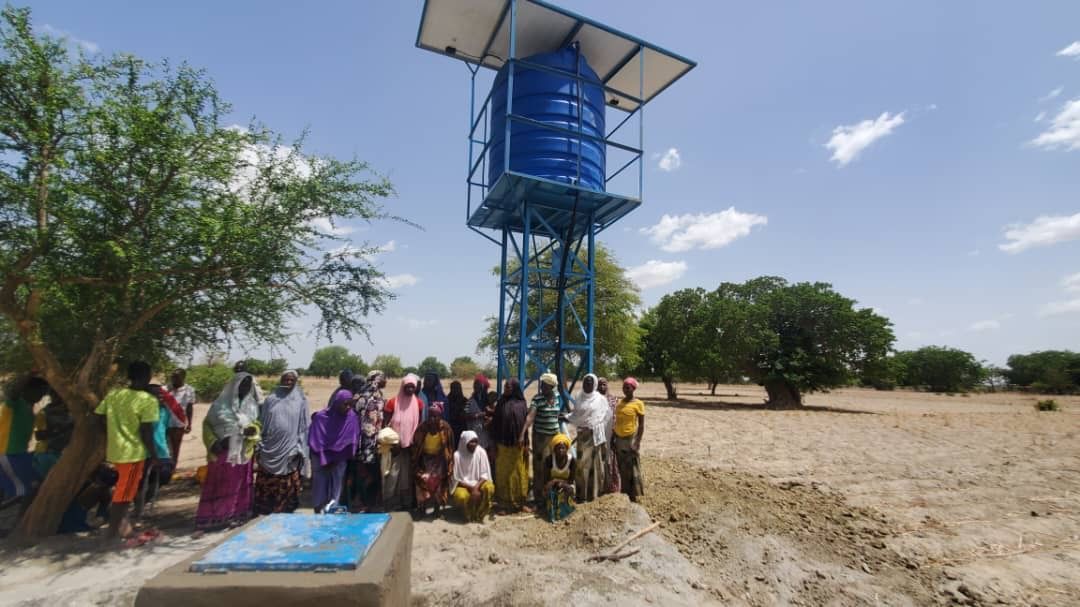

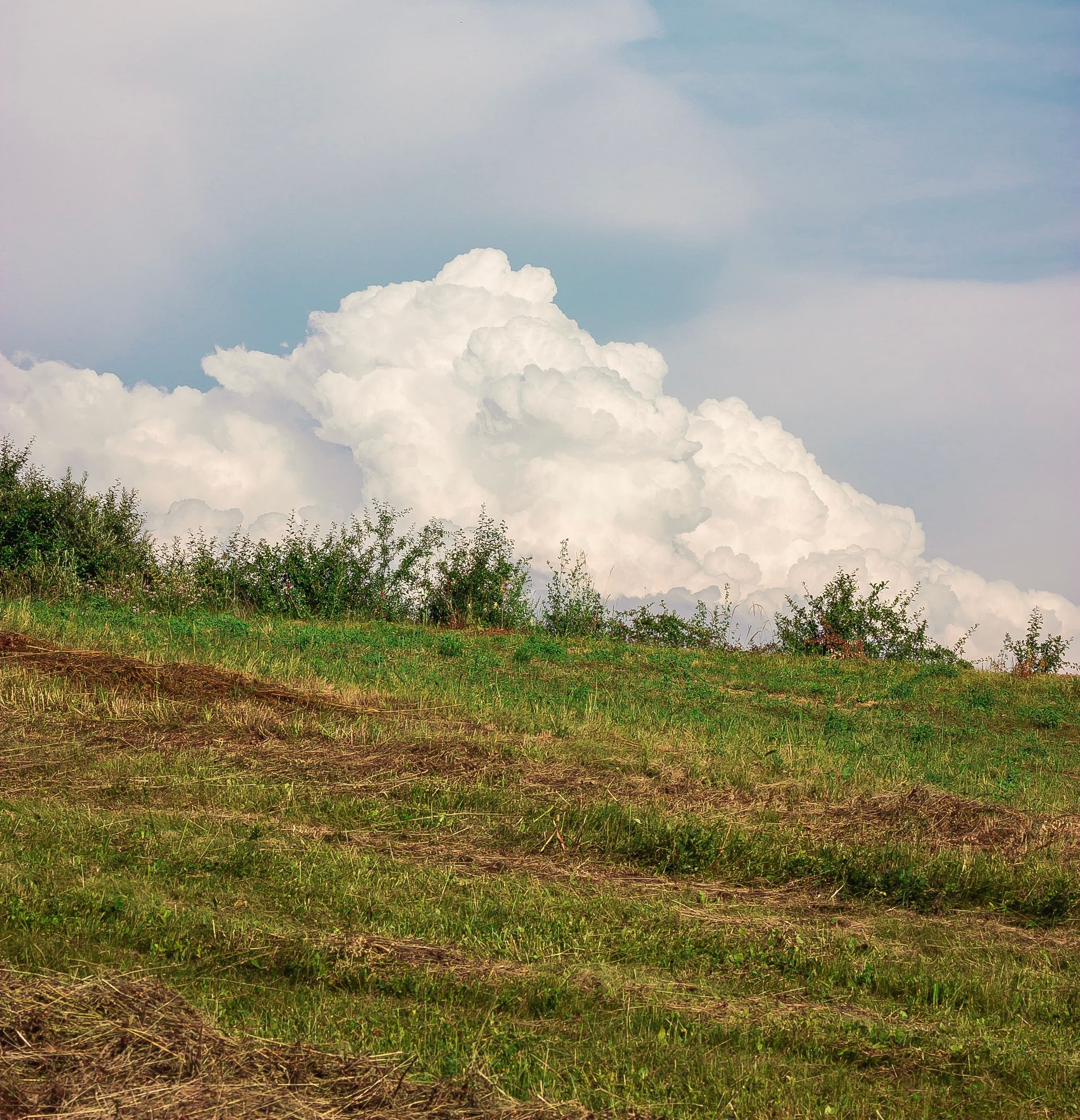
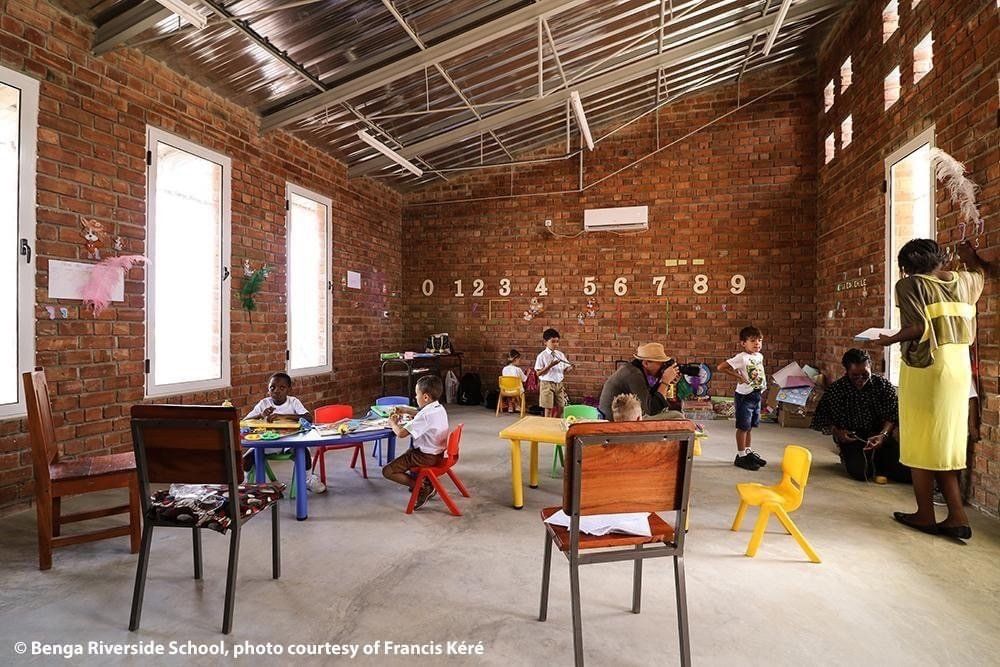
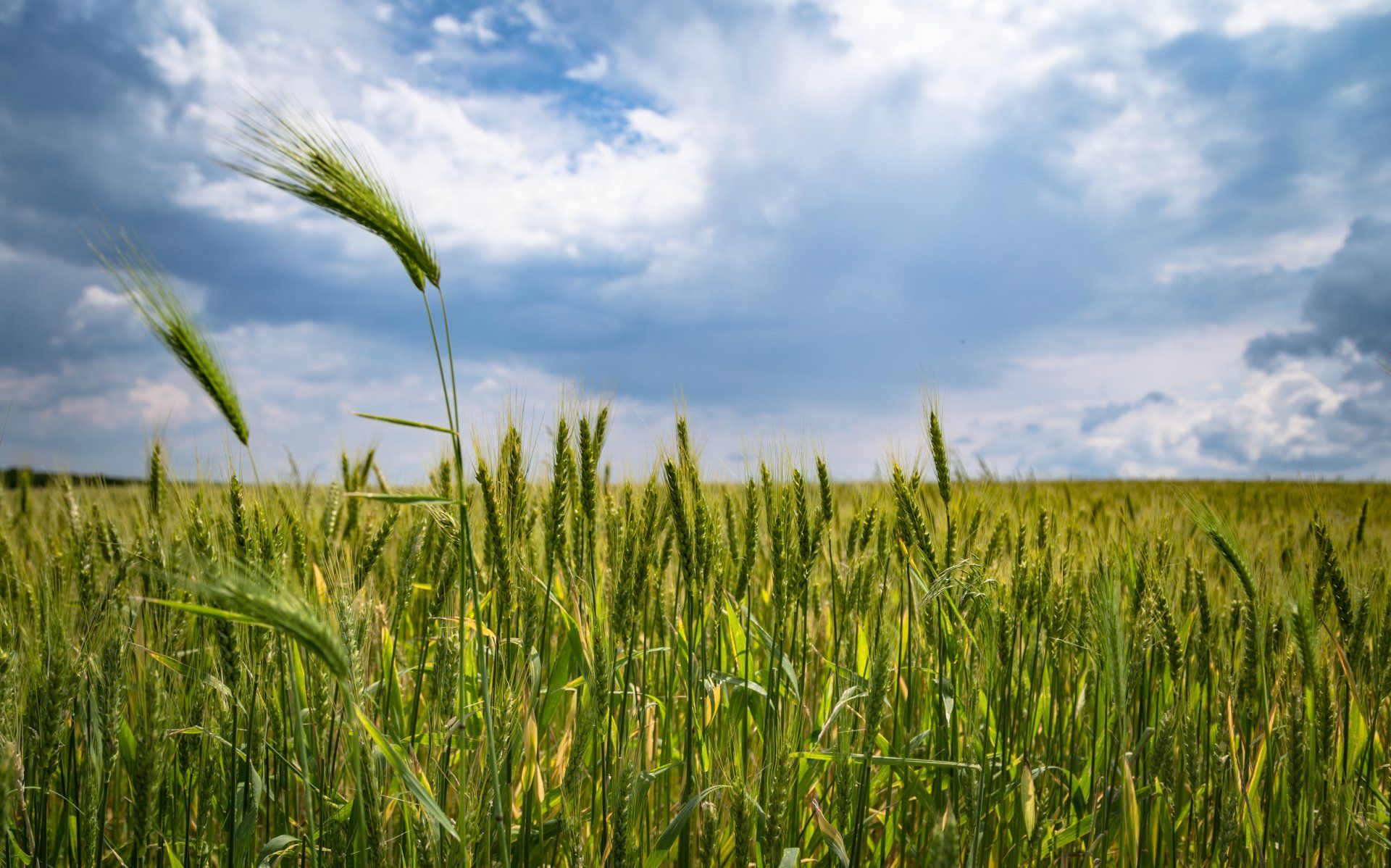
Donate Stocks
Subscribe to our newsletter
Join the Newsletter
Thank you for signing up for our newsletter.
Please try again later



